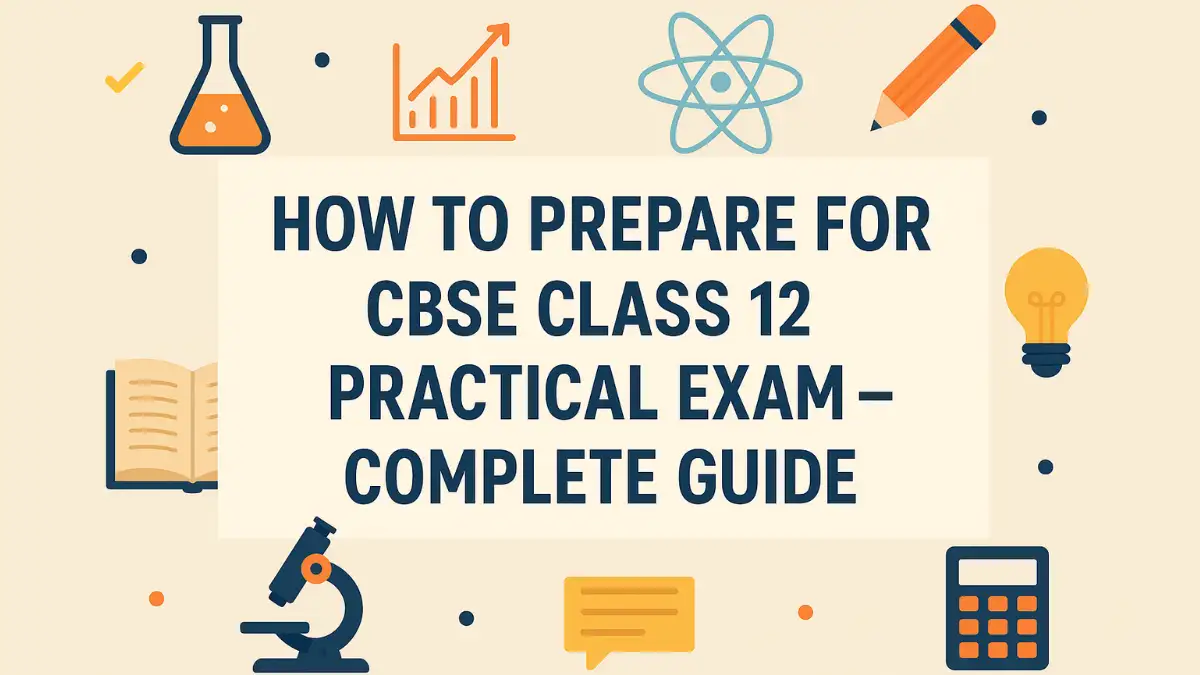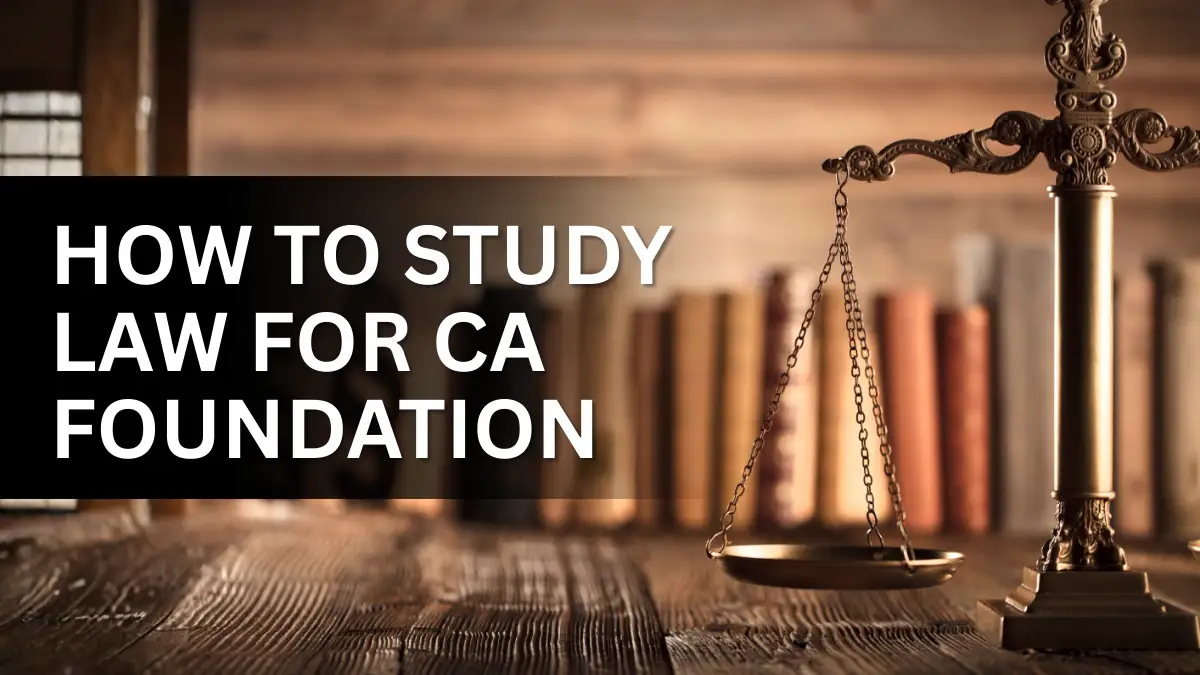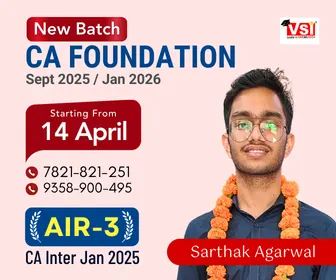This guide shows How to Prepare For CBSE Class 12 Practical Exam in clear, simple steps. Read it. Follow it. You will feel calm and ready. This article is for students giving CBSE Class 12 practical. It covers marks, format, planning, experiments, records, viva, and day-of tips. Indeed, it’s all you need.
Quick facts you should know
- Most science subjects have 30 marks for practicals and 70 marks for theory. Languages and some theory subjects use internal assessment differently.
- Practical marks include experiments, record/project, activities, and viva. Schools must upload marks correctly; principals and examiners follow CBSE rules.
- A common marking split (example: Physics) is two experiments, record, activity, investigatory project, and viva totalling 30 marks. Use your subject’s marking scheme to know exact breakup.
Also Read: Best Reference Books for Class 12th CBSE
1. Understand the exact format for your subject
First, ask your teacher: how many experiments? how many marks for viva? Is there an investigatory project? The CBSE marking scheme exists for every subject. Get the sheet. Read it. Keep it with you. Furthermore, different subjects (Physics, Chemistry, Biology, Computer Science) have slightly different tasks and splits.
2. Make a simple plan
- List all experiments you must do.
- Note the marks for each part: experiments, record, viva, project.
- Allocate time: practice experiments 2–3 times each. Record book: finish early. Viva: prepare short answers.
Keep the plan on a small page you can carry. Short tasks win.
3. Practice experiments like you mean it
- Read the experiment step. Then do it once slowly.
- Do it again while timing yourself. This helps you finish within the exam time.
- Write down the real observations each time. Don’t copy fake data. Real results matter.
- If something fails, note what went wrong and why. This shows learning during viva.
Repeat experiments at least twice. Moreover, doing them calmly builds your confidence.
4. Make a neat practical record
- Your record book should have: title, aim, apparatus, theory (very short), procedure (steps), observations, result, conclusion, precautions.
- Use headings and dates. Keep your handwriting legible. Draw simple neat diagrams. Labels matter.
- Attach photos if allowed by teacher. Use sticky tape, not glue blobs.
- Keep a copy (scan or phone photo) on your phone — in case you need to show it.
A good record often secures marks even if you make small mistakes in the experiment.
5. Do the project properly
- If your subject needs an investigatory project, keep it short and focused. One clear aim. One method. One result.
- Show what you changed and what you learned. Use simple graphs or tables.
- Practice explaining the project in 2–3 sentences for viva.
Projects are small but high-value. Treat them kindly.
6. Prepare for viva (speak clearly, short answers)
- Viva is a short talk with the examiner. They ask simple questions: “What did you do?”, “Why this step?”, “What is the result?”
- Practice aloud. Ask a friend or parent to ask random questions. Answer in one or two sentences.
- If you don’t know an answer, be honest. Say, “I am not sure, but I think…” and give a logical guess. Honesty helps.
- Keep basic theory points ready: reason for key steps, common errors, units, and neat definitions.
Viva shows how well you understand. Speak slowly. Breathe. Smile.
7. Day-by-day checklist (two days before and exam day)
Two days before:
- Finish and check your record book.
- Practice the experiments once more.
- Pack pens, lab coat (if needed), calculator, logbook, and ID card.
Day of exam: - Reach school early. Be polite to lab staff.
- Read instructions carefully. Write observations clearly. Label diagrams.
- Do not panic if one experiment fails — explain what went wrong and write what you would change next time. Examiners note learning.
Also Read: How to Get Full Marks in Maths Class 12
8. Common mistakes to avoid
- Copying data without doing the experiment. (Do not.)
- Messy records and missing dates. (Keep them tidy.)
- Long, unclear answers in viva. (Be short.)
- Ignoring safety rules. (Follow all lab safety.)
- Waiting till last minute to prepare the project. (Start early.)
9. Tips for Different Practicals
- Physics: measure carefully; draw circuit diagrams; write uncertainties if asked.
- Chemistry: note color, temperature, and time. Clean glassware. Label test tubes.
- Biology: draw labeled diagrams; keep slides neat; preserve specimens properly.
- Computer Science: keep code, output screenshots, and flowcharts ready. Save backups.
Also Read: Career Options After CA Inter Without Completing Final
Practical exams test how you think and how you do. They are kinder than big theory papers. Take one step at a time. Practice, make a clear record, and speak honestly in viva. Moreover, breathe and smile. Your effort shows. You will do well. And if you ever feel nervous, just remind yourself — you already know exactly how to prepare for the CBSE Class 12 practical exam and you’re ready to give your best.









